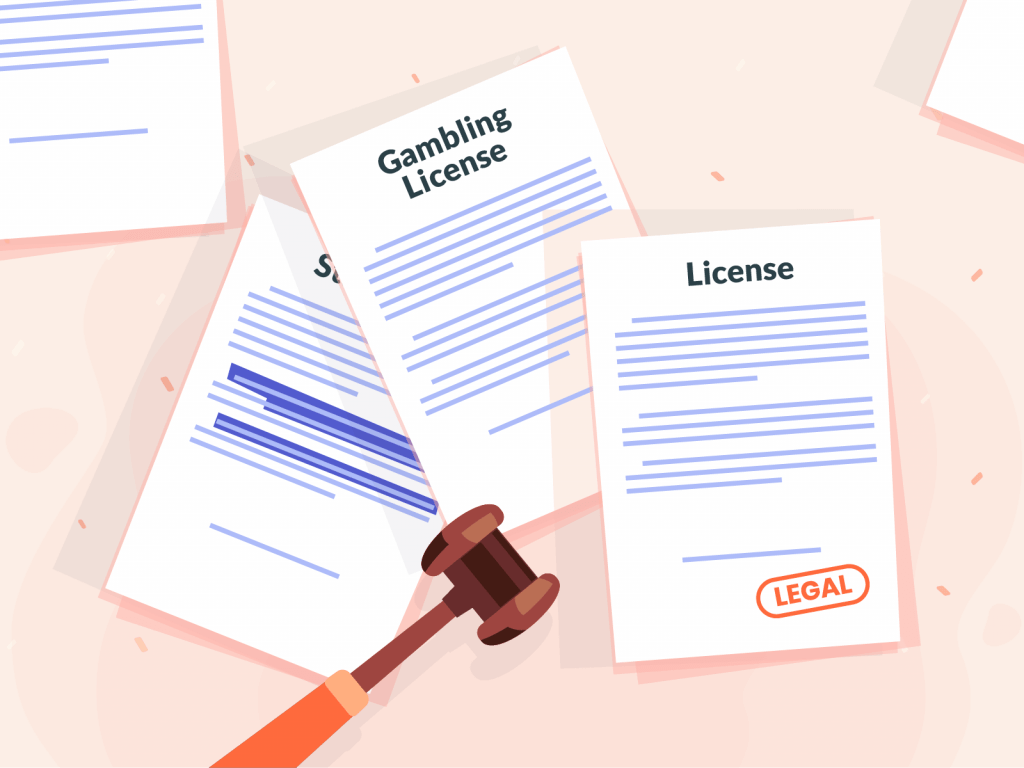Comprehensive Guide: How to Become a Bookmaker

Have you ever considered starting a career as a bookmaker? Many leading names in the betting industry-such as Coral, Paddy Power, and William Hill-began from humble beginnings before becoming major players in the gambling world. With the right knowledge, strategy, and planning, entering the bookmaking business can be a rewarding and potentially lucrative venture. This guide outlines the essential steps, key decisions, and skillsets involved in becoming a successful bookie.
Choosing Your Bookmaking Path: Online, On-Course, or Physical Shop

Your first major decision is determining what type of bookmaker you wish to become. The industry offers a few distinct routes, each with unique requirements, opportunities, and challenges:
- Online bookmaker: The digital space provides access to a wide customer base but is highly competitive. To stand out, you’ll need distinctive features or offers, such as attractive sign-up deals or innovative betting options.
- On-course bookmaker: Ideal for those passionate about horse racing or other live sports, but face variable crowds and must be prepared for additional expenses, like purchasing a pitch at a racecourse.
- Opening a betting shop: Involves acquiring premises, employing staff, and securing various licenses. Running a physical shop brings its own set of operational and regulatory responsibilities.
- Hybrid approach: Some bookmakers engage in a combination of these options to diversify revenue streams and customer engagement.
While online betting is booming, breaking into the market is tough due to major established brands. Conversely, in-person options like shops and racecourse pitches allow for a more local presence but require significant upfront costs and ongoing operational investment.
Establishing Your Business Model: Solo or Partnership?

Once you have chosen your bookmaking route, the next decision is whether to operate independently, start a family-run business, or join forces with an established organization through a partnership or franchise. Here’s what to consider:
- Independent bookmaker: Grants full autonomy and potentially greater profits but comes with full responsibility for expenses, compliance, staff wages, and licensing.
- Partnership or franchise: Partnering with an existing brand can offer more security and support. However, profits are typically shared, and you may have less freedom to set policies or pursue unique strategies.
It’s important to also consider market trends. The shift in regulations, particularly around Fixed Odds Betting Terminals (FOBTs), has led many large operators to close physical shops to cut costs. Evaluate your chosen approach against current industry developments to ensure viability.
Obtaining the Right Licenses and Regulatory Approvals

The gambling sector is tightly regulated for both ethical and legal reasons. To operate legally, you must acquire several licenses, which vary depending on your business model and the jurisdictions in which you intend to work. The following are the main licenses typically required in the UK (similar requirements exist in many countries):
- Operating License
- Personal Functional License
- Personal Management License
- Premises License
Application for these licenses involves significant fees, and approval isn’t guaranteed. If an application is declined, fees are non-refundable. In addition to one-time application fees, many licenses must be renewed annually.
Understanding License Functions and Costs
Each license serves a specific function:
- Operating License: Authorizes your overall betting activities, specifying the range (online, on-course, telephone betting, pool betting, etc.). The scope of activities determines your licensing needs and costs. For example, an online bookmaker generating less than £550,000 in gross gambling yield annually would pay close to £2,933 for their initial license application and £3,408 per year to renew, totaling £6,341 in the first year alone. Larger operations pay much more, with fees scaling according to revenue.
- Personal Functional License: Required for employees handling cash, supervising gaming tables, providing security, or inspecting activities. Applicants undergo criminal background checks. Roles needing this license include cashiers, croupiers, gaming supervisors, inspectors, and security staff.
- Personal Management License: For managers overseeing operations, finance, compliance, marketing, security, and multi-site activities. In the UK, this license costs £370 per person and ensures the regulator that management is competent and the business model sustainable.
- Premises License: Needed for any betting shop or retail outlet and is processed through local authorities, not the central regulator. Approvals take weeks, and residents can object, so location selection and community engagement are important.
Planning Your Finances: Start-Up Costs and Budgeting

Start-up costs for bookmakers can vary widely. Setting up as an on-course bookmaker typically requires between £8,000 and £10,000 for initial expenses. These costs can increase significantly for premium pitch locations at popular racecourses-some pitches at major venues like Cheltenham and York have changed hands for £200,000 to £250,000. Opening a betting shop or an online platform requires careful budgeting for:
- Licensing and regulatory fees
- Rent and utilities for physical locations
- Staff salaries
- Equipment (betting terminals, computers, printers, pitch boards, covers for on-course operations)
- Software for betting slips, cyber security, and market analytics
- Server hosting (for online businesses)
- Marketing and customer incentives
Pitches at less prominent tracks are less expensive, but profitability may be harder to achieve due to lower footfall. No matter your approach, strong financial planning is crucial to ensure you are prepared for ongoing expenses and potential setbacks.
Key Skillsets Required for Success as a Bookie

Succeeding as a bookmaker demands a varied skillset. Core competencies you’ll need include:
- Strong numeracy and knowledge of betting odds and financial management
- Negotiation skills for dealing with suppliers, partners, and regulatory bodies
- Leadership and management to guide staff and oversee operations
- Flexibility to respond to market changes and live events, especially for on-course operations
- Decisive decision-making for setting odds and managing risks
- Outstanding customer service to keep bettors coming back
For on-course bookmakers, rapid adjustments are often needed depending on the betting action and live market movements. Making sound judgments on when to lay or adjust odds requires both expertise and a cool head under pressure.
Common Misconceptions About the Bookmaking Industry
Many assume that running a bookmaking business is straightforward, but the reality is far more complex. Key misconceptions include:
- Bookmaking is easy money: In fact, the business is highly competitive and fraught with risk, particularly for smaller operators and physical shops competing against digital giants.
- Licensing is a formality: Licenses are not automatically granted, and application fees are not refunded if rejected, making early mistakes costly.
- All favorites are safe to “lay”: Poor judgment on betting markets can lead to substantial losses. Developing a reliable sense for odds and market trends takes time and experience.
Entering the industry without adequate preparation, knowledge, or planning can result in significant financial setbacks.
Deciding If a Career as a Bookmaker Is Right for You

After reviewing the requirements, expenses, and strategic considerations, you should have a realistic sense of what a bookmaking career entails. Being successful in this sector demands:
- Initial capital and a solid business plan
- A clear understanding of your chosen business model (online, on-course, or physical shop)
- Strict adherence to regulatory requirements
- A commitment to customer service and responsible gaming practices
- A willingness to constantly adapt and evolve with industry changes
If you are passionate about sports and betting, enjoy analytical thinking, and possess the necessary skills, you may find bookmaking both challenging and fulfilling. Just be certain you’re prepared for the risks and ready to invest the time and resources required for long-term success.













